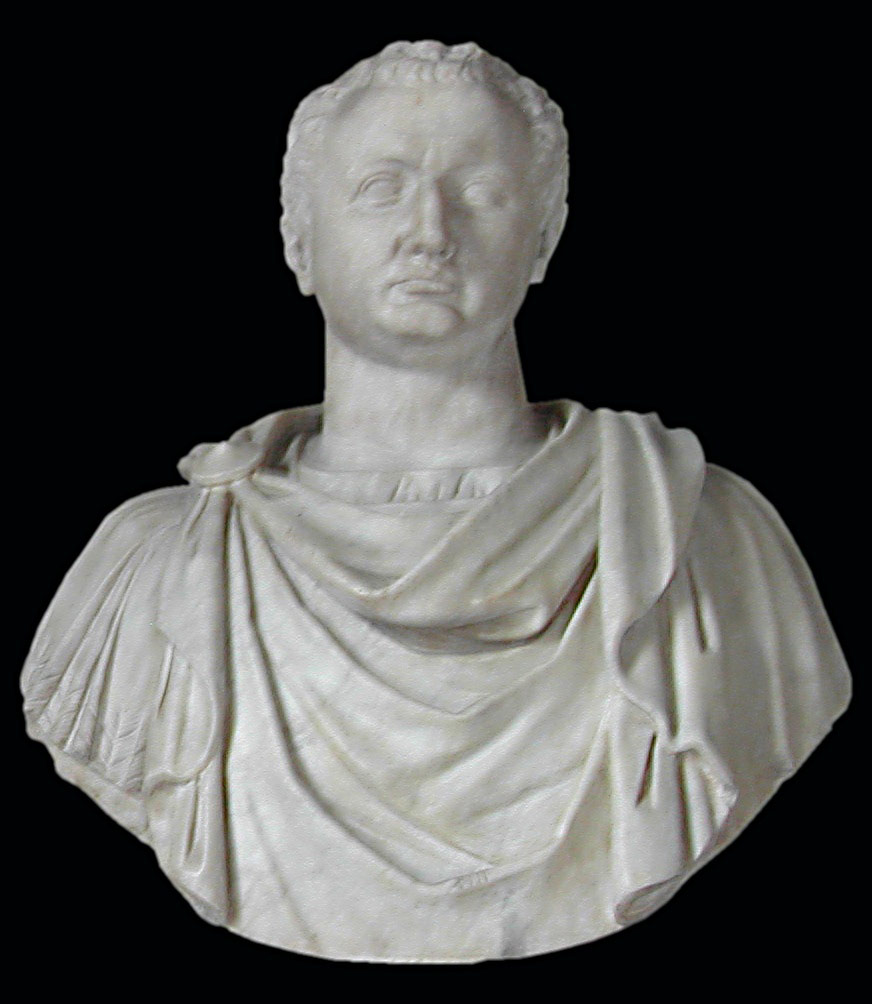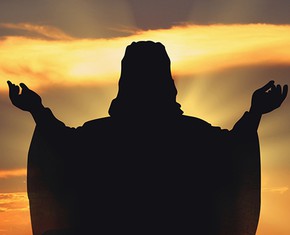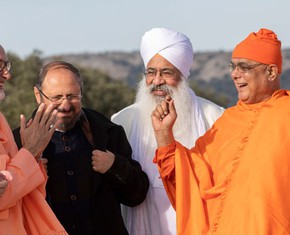The views expressed in our content reflect individual perspectives and do not represent the authoritative views of the Baha'i Faith.
How does Christianity describe “that man of sin” that must come before Christ returns?
The Bible defines the concept of the “man of sin,” in the second letter to the Thessalonians. This letter — typically ascribed to Paul, though there is debate as to whether Paul was the actual author – probably appeared about 50 A.D., twenty years before the Roman armies swept into Jerusalem and desecrated the Temple (though there is some debate on this point). The letter reads:
Now we beseech you, brethren, by the coming of our Lord Jesus Christ, and by our gathering together unto him, That ye be not soon shaken in mind, or be troubled, neither by spirit, nor by word, nor by letter as from us, as that the day of the Lord is present. Let no man deceive you by any means; for that day shall not come, except there come the falling away first, and that man of sin be revealed, the son of perdition. Who opposeth and exalteth himself above all that is called God, or that is worshipped, so that he, as God, sitteth in the temple of God, showing himself that he is God. – 2 Th 2:14
Note that the “man of sin” wins his designation by opposing and exalting himself above or as God. Given the times, the verses seem a fairly transparent reference to Roman emperors — who claimed to actually be God. One of whom (Vespasian) would soon send a general (Titus) to desecrate and destroy the temple and scatter the Jews throughout the world. Those who “fall away” would then be those who sided with the Romans and abandoned their faith.
In our times, a second interpretation may apply. The biblical verse could describe a general falling away from religion of all stripes, revealing that many worship more material and secular things, setting themselves, as it were, above God, his law and his promise. The Baha’i writings describe this condition as a consequence and a cause of failing to follow the moral and spiritual laws of faith:
By the word religion I do not mean the present dogmatic and theological superstitions which are in the hands of the people. By religion I mean the world of celestial attributes. After the moral aspect of humanity becomes readjusted, then the greatest unity will be realized; but without this moral readjustment it is impossible to establish harmony and concord, for it is a fact that war, conflict, friction and strife are but the visible results of deterioration of morality and corruption of character. – Abdu’l-Baha, Divine Philosophy, pp. 176-177.
If Paul’s verses apply to modern times, the “falling away”, spoken of by scripture above, has already occurred. Many have opposed God’s laws (old and new) and substituted their own ideas about how we should be ruled. Many have, in effect, dared to call themselves God, have ignored their spiritual dependence on God’s law and have chosen to be a ”man of sin.” The consequences of our irreligious and immoral actions, the Baha’i writings say, mean that the antichrist can reign:
Christ was a divine Center of unity and love. Whenever discord prevails instead of unity, wherever hatred and antagonism take the place of love and spiritual fellowship, Antichrist reigns instead of Christ. Who is right in these controversies and hatreds between the sects? Did Christ command them to love or to hate each other? He loved even His enemies and prayed in the hour of His crucifixion for those who killed Him. Therefore, to be a Christian is not merely to bear the name of Christ and say, “I belong to a Christian government.” To be a real Christian is to be a servant in His Cause and Kingdom, to go forth under His banner of peace and love toward all mankind, to be self-sacrificing and obedient, to become quickened by the breaths of the Holy Spirit, to be mirrors reflecting the radiance of the divinity of Christ, to be fruitful trees in the garden of His planting, to refresh the world by the water of life of His teachings — in all things to be like Him and filled with the spirit of His love. – Abdu’l-Baha, The Promulgation of Universal Peace, p. 5.

















Comments
Sign in or create an account
Continue with Googleor